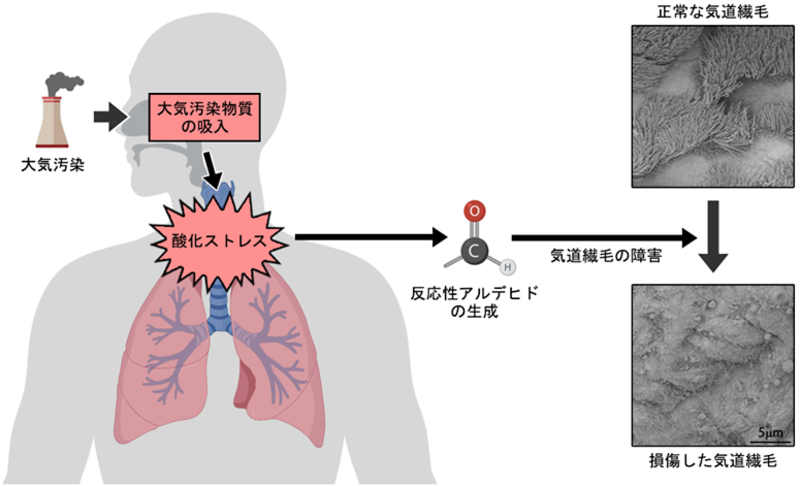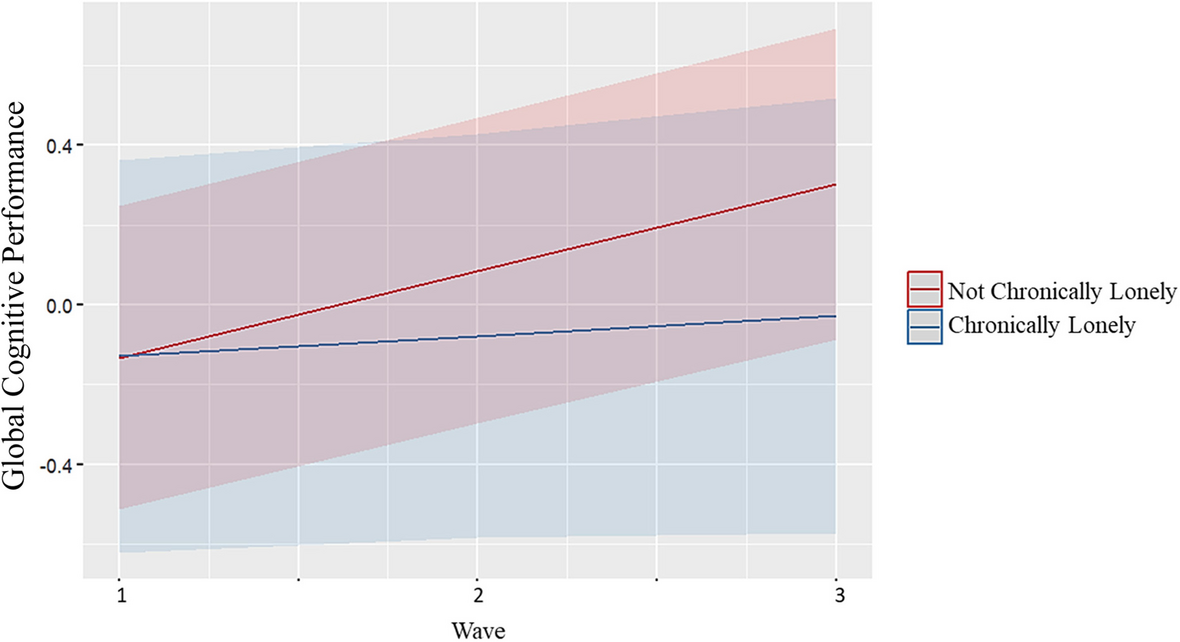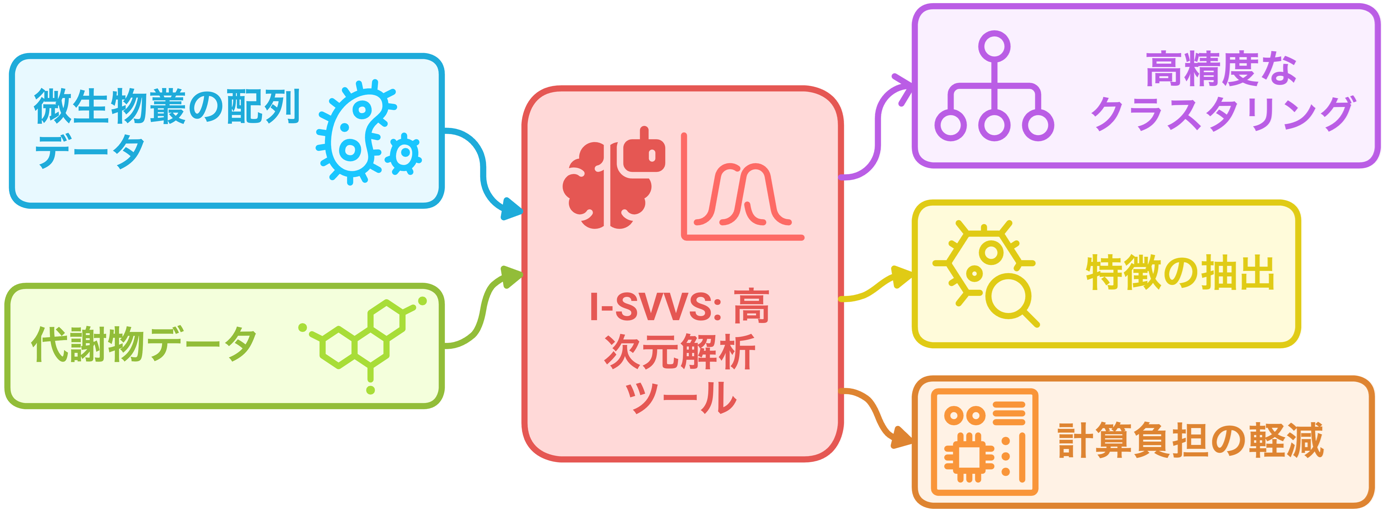2025-05-29 医薬基盤・健康・栄養研究所

<関連情報>
アルデヒド代謝は大気汚染曝露に対する粘膜クリアランスの回復力を支配する Aldehyde metabolism governs resilience of mucociliary clearance to air pollution exposure
Noriko Shinjyo, Haruna Kimura, Tomomi Yoshihara, Jun Suzuki, Masaya Yamaguchi, Shigetada Kawabata, Yasutaka Okabe
Journal of Clinical Investigation
DOI:https://doi.org/10.1172/JCI191276
Abstract
Air pollution is a serious environmental threat to public health; however, the molecular basis underlying its detrimental effects on respiratory fitness remains poorly understood. Here, we show that exposure to particulate matter ≤2.5 µm (PM2.5), a significant fraction of air pollutants, induces the generation of reactive aldehyde species in the airway. We identified aldehyde dehydrogenase 1A1 (ALDH1A1), which is selectively expressed in airway epithelium, as an enzyme responsible for detoxifying these reactive aldehyde species. Loss of ALDH1A1 function results in the accumulation of aldehyde adducts in the airway, which selectively impairs mucociliary clearance (MCC), a critical defense mechanism against respiratory pathogens. Thus, ALDH1A1-deficient mice pre-exposed to PM2.5 exhibited increased susceptibility to pneumonia. Conversely, pharmacological enhancement of ALDH1A1 activity promoted the restoration of MCC function. These findings elucidate the critical role of aldehyde metabolism in protecting against PM2.5 exposure, offering a potential target to mitigate the negative health consequences of air pollution.


